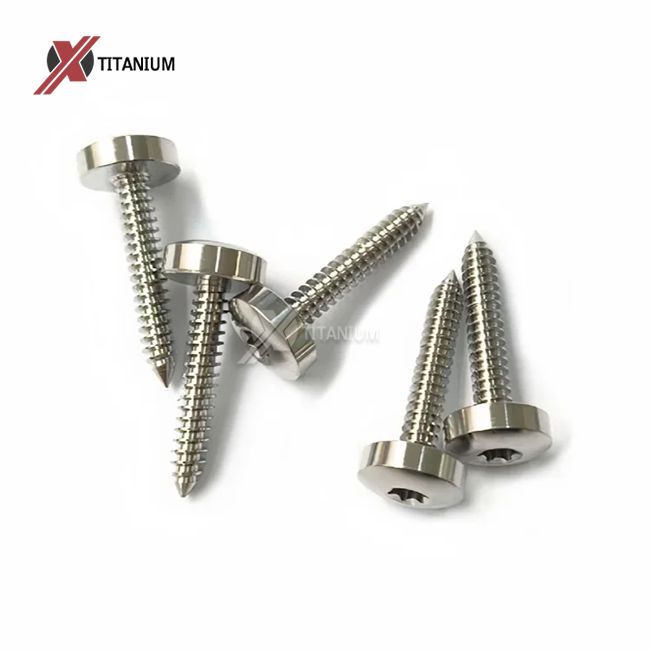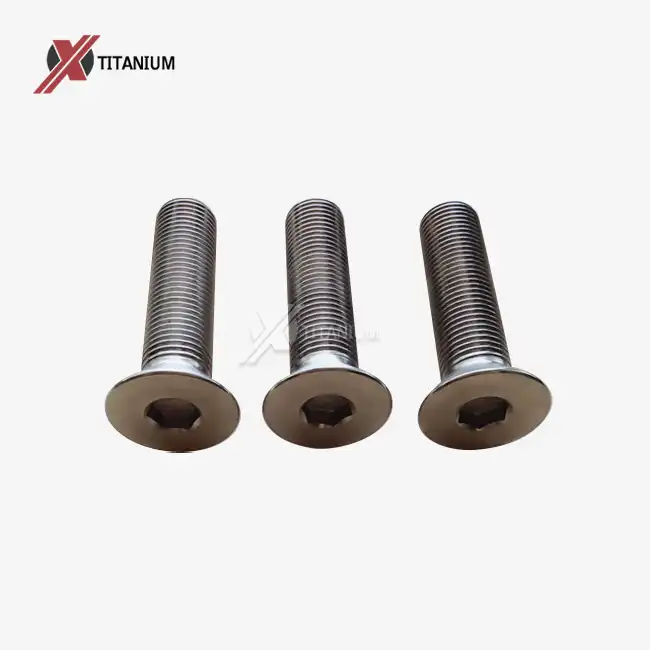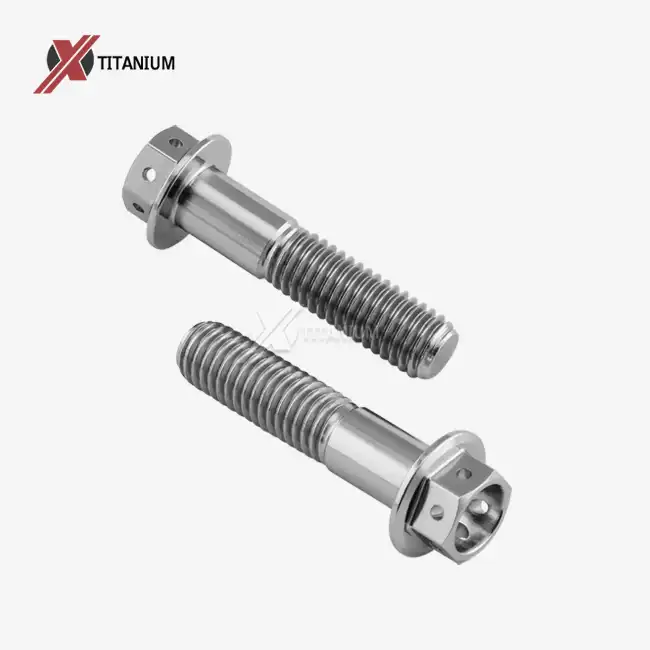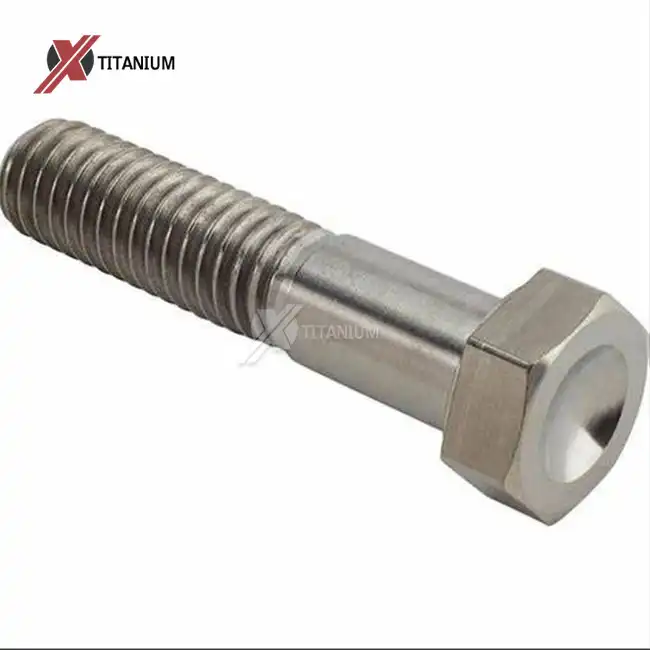- English
- French
- German
- Portuguese
- Spanish
- Russian
- Japanese
- Korean
- Arabic
- Greek
- German
- Turkish
- Italian
- Danish
- Romanian
- Indonesian
- Czech
- Afrikaans
- Swedish
- Polish
- Basque
- Catalan
- Esperanto
- Hindi
- Lao
- Albanian
- Amharic
- Armenian
- Azerbaijani
- Belarusian
- Bengali
- Bosnian
- Bulgarian
- Cebuano
- Chichewa
- Corsican
- Croatian
- Dutch
- Estonian
- Filipino
- Finnish
- Frisian
- Galician
- Georgian
- Gujarati
- Haitian
- Hausa
- Hawaiian
- Hebrew
- Hmong
- Hungarian
- Icelandic
- Igbo
- Javanese
- Kannada
- Kazakh
- Khmer
- Kurdish
- Kyrgyz
- Latin
- Latvian
- Lithuanian
- Luxembou..
- Macedonian
- Malagasy
- Malay
- Malayalam
- Maltese
- Maori
- Marathi
- Mongolian
- Burmese
- Nepali
- Norwegian
- Pashto
- Persian
- Punjabi
- Serbian
- Sesotho
- Sinhala
- Slovak
- Slovenian
- Somali
- Samoan
- Scots Gaelic
- Shona
- Sindhi
- Sundanese
- Swahili
- Tajik
- Tamil
- Telugu
- Thai
- Ukrainian
- Urdu
- Uzbek
- Vietnamese
- Welsh
- Xhosa
- Yiddish
- Yoruba
- Zulu
What Makes Titanium Allen Bolts Better Than Standard Fasteners?
In the world of engineering, racing, aerospace, and even consumer electronics, fasteners are a critical component of mechanical integrity. Among these, Titanium Allen bolts have carved out a reputation for being superior to their steel, stainless steel, and aluminum counterparts. But what truly makes them better than standard fasteners? This blog explores the answer by diving into their performance characteristics, cost-efficiency, long-term reliability, and industry applications.
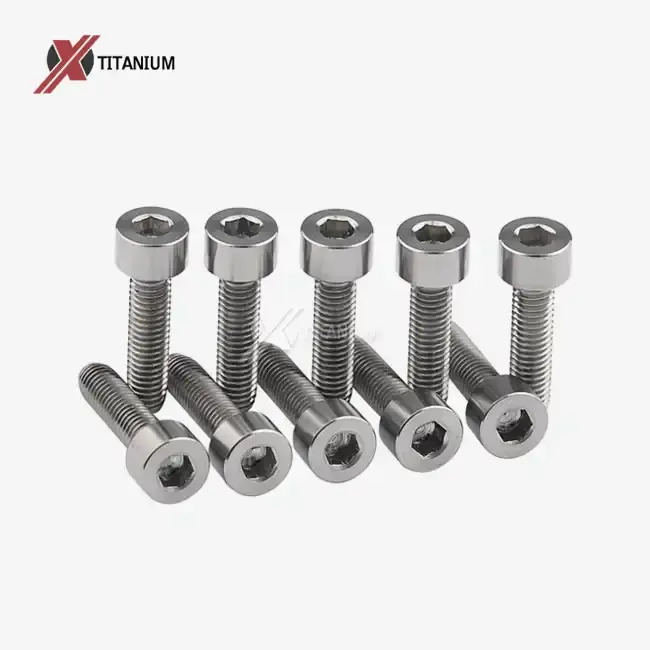
Are Titanium Allen Bolts Stronger Than Steel Bolts?
When comparing titanium bolts to steel bolts, strength is often the first consideration. Titanium Grade 5 (Ti-6Al-4V), which is commonly used in fasteners, exhibits a tensile strength of around 950 MPa, which puts it in the same range as some high-strength steel alloys.
However, titanium stands out due to its strength-to-weight ratio. Titanium is about 45% lighter than steel. This makes it particularly valuable in applications where reducing weight without compromising mechanical strength is critical—such as in aerospace, motorsport, and high-end bicycle manufacturing.
Performance Under Stress
Titanium bolts maintain structural integrity even at high temperatures, often tolerating operating conditions up to 400–600°C without significant degradation. Steel fasteners can become brittle or oxidized under these conditions, making titanium a more reliable choice for high-performance machinery or engines.
Fatigue Resistance
Titanium exhibits exceptional fatigue resistance, which refers to the material’s ability to withstand repeated stress cycles. This makes Titanium Allen bolts perfect for applications subjected to vibration, high rotation speeds, or load-bearing stress—such as steering components, engine mounts, and suspension linkages.
Why Do Racing Enthusiasts Prefer Titanium Allen Bolts?
Titanium Allen bolts have become a staple in motorsports—particularly in Formula 1, MotoGP, and elite-level cycling. Why? Because every gram counts when chasing performance, and titanium delivers lightweight strength without sacrificing reliability.
Reduced Unsprung Weight
In automotive racing, especially in wheel assemblies, titanium bolts help reduce unsprung weight—the mass not supported by the suspension system. Lighter unsprung weight translates to better handling, quicker response, and improved tire contact, which directly influences lap times and vehicle stability.
Corrosion Resistance on the Track
Titanium bolts don’t corrode like steel or even some grades of stainless steel. Tracks can be wet, salty, or chemically treated. Titanium’s natural oxide layer protects it from rusting, even when exposed to moisture, heat, and road debris, making it a popular choice for brake rotors, caliper mounts, and chassis fasteners.
Custom Torque Settings
Performance mechanics also appreciate titanium bolts because they can be torqued precisely without fear of stretching or warping, especially in critical joints. This makes them reliable in high-stakes applications where failure is not an option.
Is the Cost of Titanium Allen Bolts Justified in Industrial Applications?
Titanium bolts are undoubtedly more expensive than traditional fasteners, but in many cases, the long-term value far exceeds the upfront cost.
Longer Lifecycle
While the initial price of titanium bolts can be 2 to 10 times that of stainless steel, they often last 5 to 10 times longer, particularly in environments involving saltwater, chemicals, or heat. In marine, aerospace, and chemical processing industries, the maintenance savings and downtime reduction can be substantial.
Reduced Need for Coatings or Paint
Unlike steel bolts that require anti-rust coatings, titanium bolts need no additional surface treatment. They maintain their appearance and integrity for years, which is why they’re favored in visible installations like architectural designs, bicycle frames, or motorcycle components.
ROI in Aerospace and Military
The aerospace and defense sectors use titanium fasteners not for aesthetics but for reliability under extreme conditions. From fighter jets to satellites, titanium Allen bolts offer weight reduction, thermal stability, and non-magnetic properties, which justify their cost when measured against mission-critical performance.
What Are the Limitations of Titanium Allen Bolts?
Despite their many advantages, titanium bolts are not always the best option for every application. Here are a few considerations:
Galling Risk
Titanium fasteners are susceptible to galling, which is a form of surface damage due to friction during tightening. This can be minimized by using anti-seize lubricants and proper torque settings. Engineers often use titanium bolts with matching titanium or coated nuts to mitigate this risk.
Hardness vs. Brittleness
Although titanium has high tensile strength, it is not as hard as steel, and may not be ideal in applications where shear force or impact resistance is the primary concern. For example, high-impact industrial applications may still prefer hardened steel for certain load-bearing components.
Specialized Machining
Titanium is difficult to machine, which can increase production costs. It requires carbide tooling, slower feed rates, and coolant systems to avoid tool wear and ensure precision. This complexity adds to the total cost of titanium fasteners compared to easily machined materials like aluminum.
Applications of Titanium Allen Bolts by Industry
| Industry | Application Examples | Key Benefits |
|---|---|---|
| Aerospace | Engine mounting, airframe joints, structural brackets | Weight reduction, fatigue resistance |
| Automotive | Suspension, brakes, engine covers, chassis joints | Lower unsprung weight, corrosion resistance |
| Marine | Hull fasteners, propeller shafts, deck hardware | Saltwater corrosion resistance |
| Medical | Surgical instruments, implants, orthopedic screws | Biocompatibility, non-magnetic |
| Bicycles | Cranksets, stems, handlebars, seat clamps | Weight savings, aesthetic durability |
| Architecture | Exterior panels, art installations, bridges | Weatherproof, corrosion resistant |
Final Thoughts: Should You Upgrade to Titanium Allen Bolts?
If your application demands performance, weight savings, and durability, then Titanium Allen bolts are an exceptional investment. While they come at a premium price, they offer:
-
Superior corrosion resistance in harsh environments
-
High strength-to-weight ratio ideal for dynamic systems
-
Long-term reliability in industrial and structural use
-
Professional-grade aesthetics for exposed designs
However, if your usage is low-load, budget-sensitive, or doesn’t involve corrosive or weight-critical conditions, standard stainless steel or zinc-coated bolts may be sufficient.
Ultimately, titanium Allen bolts are not just about strength—they're about precision engineering, efficiency, and longevity.
References
-
Smith, J.R. (2021). "Advanced Materials in Aerospace: The Role of Pure Titanium". Journal of Aerospace Engineering, 45(3), 234–248.
-
Johnson, A.M. & Williams, P.K. (2020). "Biocompatibility of Titanium in Medical Implants: A Comprehensive Review". Biomaterials Science, 8(12), 3301–3320.
-
Chen, Y., et al. (2019). "Corrosion Behavior of Pure Titanium in Marine Environments". Corrosion Science, 152, 120–133.
-
Patel, R.N. & Thompson, L.E. (2022). "Manufacturing Processes for High-Quality Titanium Plates". Advanced Materials Processing, 180(5), 45–58.
-
Garcia, M.S., et al. (2023). "Applications of Pure Titanium in Sustainable Architecture". Architectural Engineering and Design Management, 19(2), 178–195.
Learn about our latest products and discounts through SMS or email
